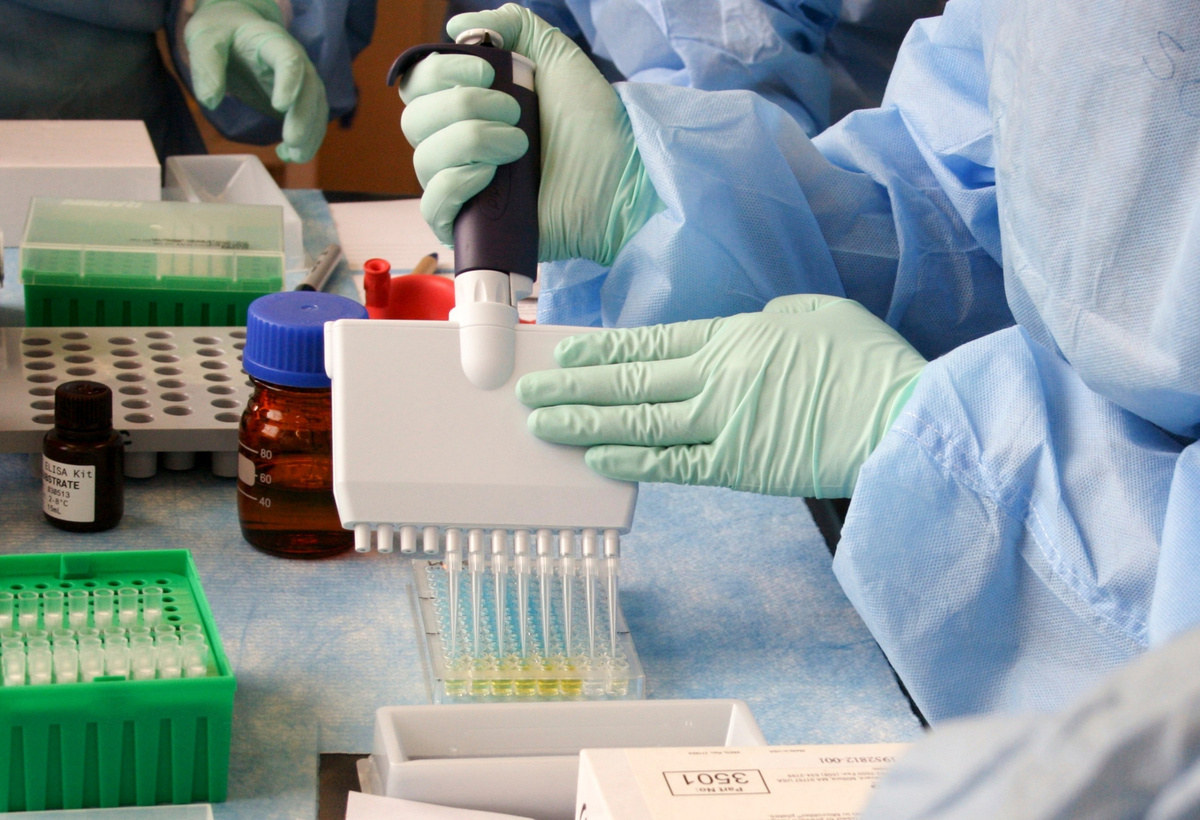
Background
Fungal infections pose a significant threat to public health. Fungi are common in the environment, as they can thrive in soil, on plants and trees, and on animate objects, including human skin. Despite the availability of antifungal agents, morbidity and mortality from invasive fungal infections remain high, particularly in critically ill patients. Successfully eliminating fungal pathogens following prophylactic or therapeutic immunization depends largely on the ability of the host?s immune system to become appropriately activated in response to the immunization and to mount an effective response that does not significantly damage healthy tissue. A need exists for the development of, and improvement of, fungal vaccines.
Technology
Researchers in the Department of Molecular Genetics and Microbiology at Stony Brook University invented a technology that uses a purified lipid extracted from nonpathogenic fungal cells as an antigen to stimulate the host immunity so that the host becomes protected when exposed to pathogenic fungal cells.
Advantages
Increased and longer protection against the infection caused by Cryptococcus neoformans.
Application
Protection against the infection caused by pathogenic fungal cells.
Inventors
Maurizio Del Poeta, SUNY Distinguished Professor, Microbiology and Immunology
Visesato Mor, , Molecular Genetics and Microbiology
Licensing Potential
Development partner - Commercial partner - Licensing
Licensing Status
Available for license. Seeking to develop and commercialize, by an exclusive or non-exclusive license agreement and/or sponsored research, with a company active in the area.
Licensing Contact
Sean Boykevisch, Director, Intellectual Property Partners, sean.boykevisch@stonybrook.edu, 6316326952
Patent Status
Patent application submitted
Proof of concept data is available. US Utility application filed (#15/515,318)
Tech Id
8480
